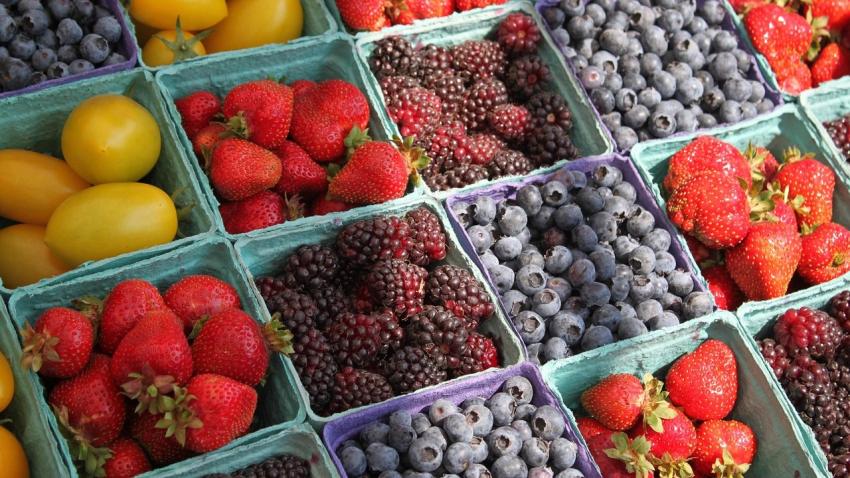You are here
Back to topRed Sea Crisis Disrupts Egypt’s Orange Exports

Frequent attacks by the Yemeni Houthi rebel group on civilian vessels have forced container shipping operations along the Red Sea and Suez Canal to come to a standstill. At present, shipping companies remain indecisive about whether to resume standard routes or opt for diversions, thereby heightening uncertainty within the supply chain.
The Suez Canal and Red Sea are crucial waterways for Egypt, and the suspension of shipping operations has posed a severe crisis for Egyptian citrus producers and exporters. Consequently, there is now a shortage of Egyptian oranges on Asian markets. At present, Egyptian exporters are actively exploring alternative routes for fruit shipping, while growers have found themselves compelled to suspend orange harvesting owing to concerns about a potential collapse in prices. However, identifying viable alternatives is challenging for Egyptian exporters, because diverting around the Cape of Good Hope would not only add considerable distance but also increase costs.
Egypt is the world’s third-largest exporter of fresh oranges after Spain and South Africa. Moreover, it is the second-largest supplier of oranges to China after South Africa. As oranges in the Southern Hemisphere are typically harvested from June onward, Egypt is a key source of imported oranges during the winter season in the Northern Hemisphere, catering to the demands of China and Southeast Asian markets.
Impacted by the crisis in the Red Sea, a considerable number of Egyptian exporters have been forced to halt shipments to Asian markets, redirecting their goods toward the European Union and Middle East instead. The harvesting of Valencia oranges, intended for juicing, is now imminent, with 20% of the anticipated 1.8 million metric tons of export volume earmarked for the Far East and China. If the disruption of shipping operations in the Red Sea continues, it will lead to substantial losses for Egyptian growers and exporters.
According to the Egypt: Citrus Annual report recently released by the U.S. Department of Agriculture’s Foreign Agricultural Service, Egypt’s fresh orange production is estimated to grow by 2.7% to 3.7 million metric tons as a result of favorable weather conditions. Oranges account for 70% of Egypt’s citrus crop, with the major varieties being Baladi, Valencia, navel and Sukkari.
The start of the orange harvest is determined by the Egyptian Agriculture Export Council’s citrus committee on the basis of fruit ripening and coloration. The export season typically begins in mid-November and, through the utilization of cold storage facilities, extends until late July. Egypt exports oranges to 126 countries, with the Netherlands, Russia, Saudi Arabia, India, the United Arab Emirates, Spain, Bangladesh, Syria, China and the United Kingdom being the top 10 destinations.
Image: Pixabay
This article was translated from Chinese. Read the original article.














Add new comment